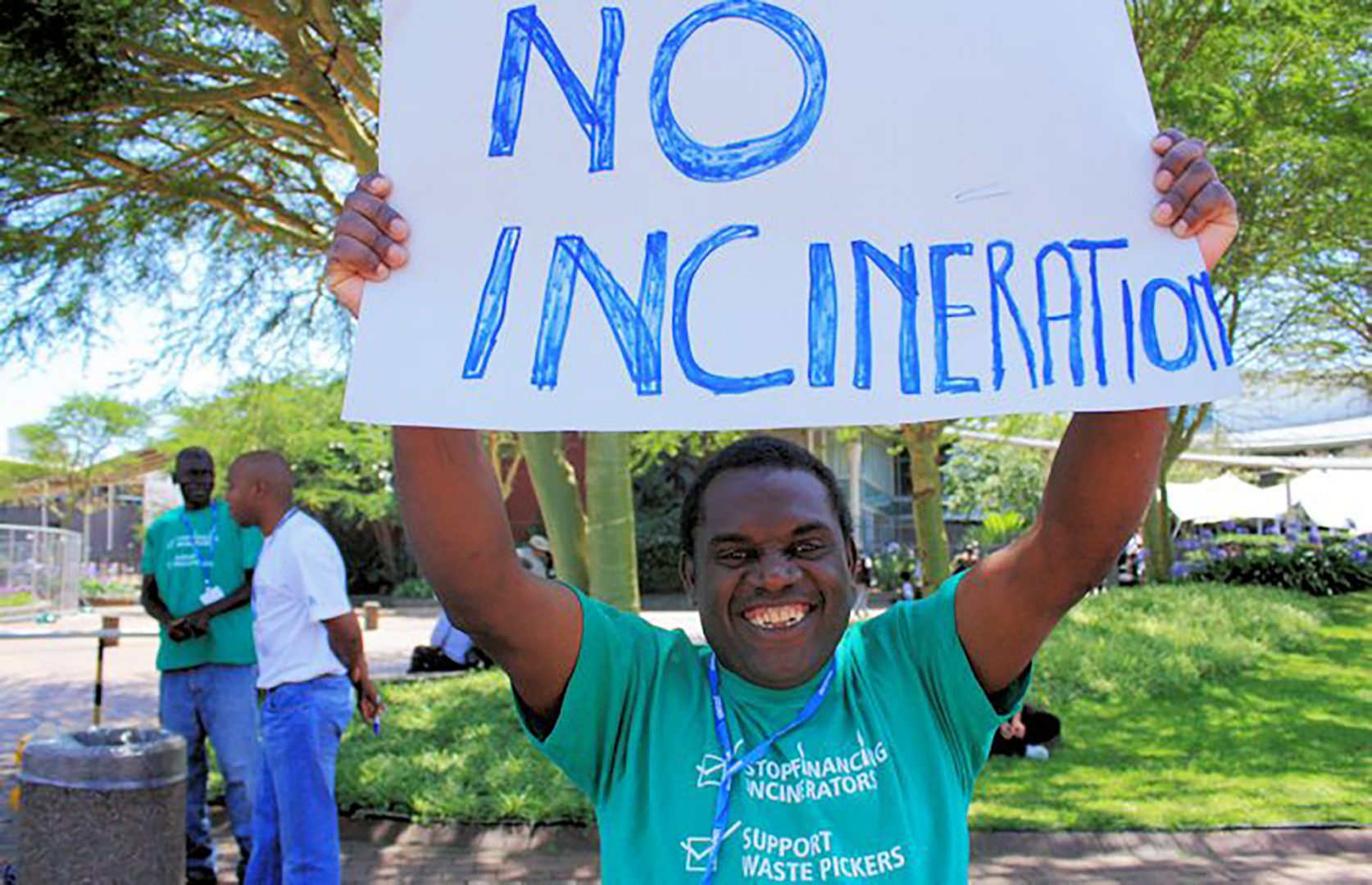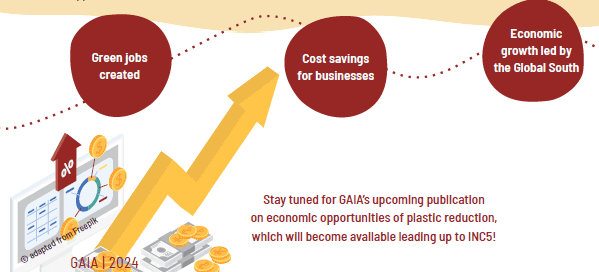Catalyzing a global shift towards environmental justice
GAIA aims to power a transition away from our current linear and extractive economy and towards a circular system that supports people’s right to a safe and healthy environment. This entails fighting pollution and building regenerative solutions in cities through local campaigns, shifts in policy and finance, research and communication initiatives, and movement building. We work on four primary points of intervention: incineration, zero waste, plastic, and climate.
Climate Justice
At GAIA, the fight for climate justice is woven into all of our work. Community health, local economic development, and environmental justice are all promoted when best practices and policies for climate mitigation and climate adaptation are implemented in the waste sector. Better waste management is critical to climate justice: greenhouse gas emissions can be dramatically reduced through zero waste practices, which can also deliver additional benefits by improving social justice and equity.

Zero Waste
Zero waste is an ethical and effective solution to the current extractive economy driving our climate crisis, founded on the principles of regeneration, respect for nature, and environmental and social justice. GAIA has long been at the forefront of the zero waste revolution, pushing for policies, infrastructure, and programs that not only address the climate crisis through waste reduction strategies, but also contribute to a more equitable and just society.

PLASTIC
With international discussions for a global plastic treaty underway, GAIA’s work on plastic is more important than ever. We are pushing for a bold, binding treaty—one that ends plastic pollution across the entire lifecycle of plastics, prevents further harm to our planetary health by dramatically reducing plastic production, and places waste picker rights and environmental justice squarely at its center.

Incineration
We bolster grassroots campaigns that shut down existing incinerators and other burn technologies, prevent the development of new ones, and support frontline communities organizing against waste and pollution.

Our network’s track record of success demonstrates the power of grassroots solutions to protect our planet and advance the rights and wellbeing of all communities, especially those who are most vulnerable to the impact of pollution and exploitation.





























